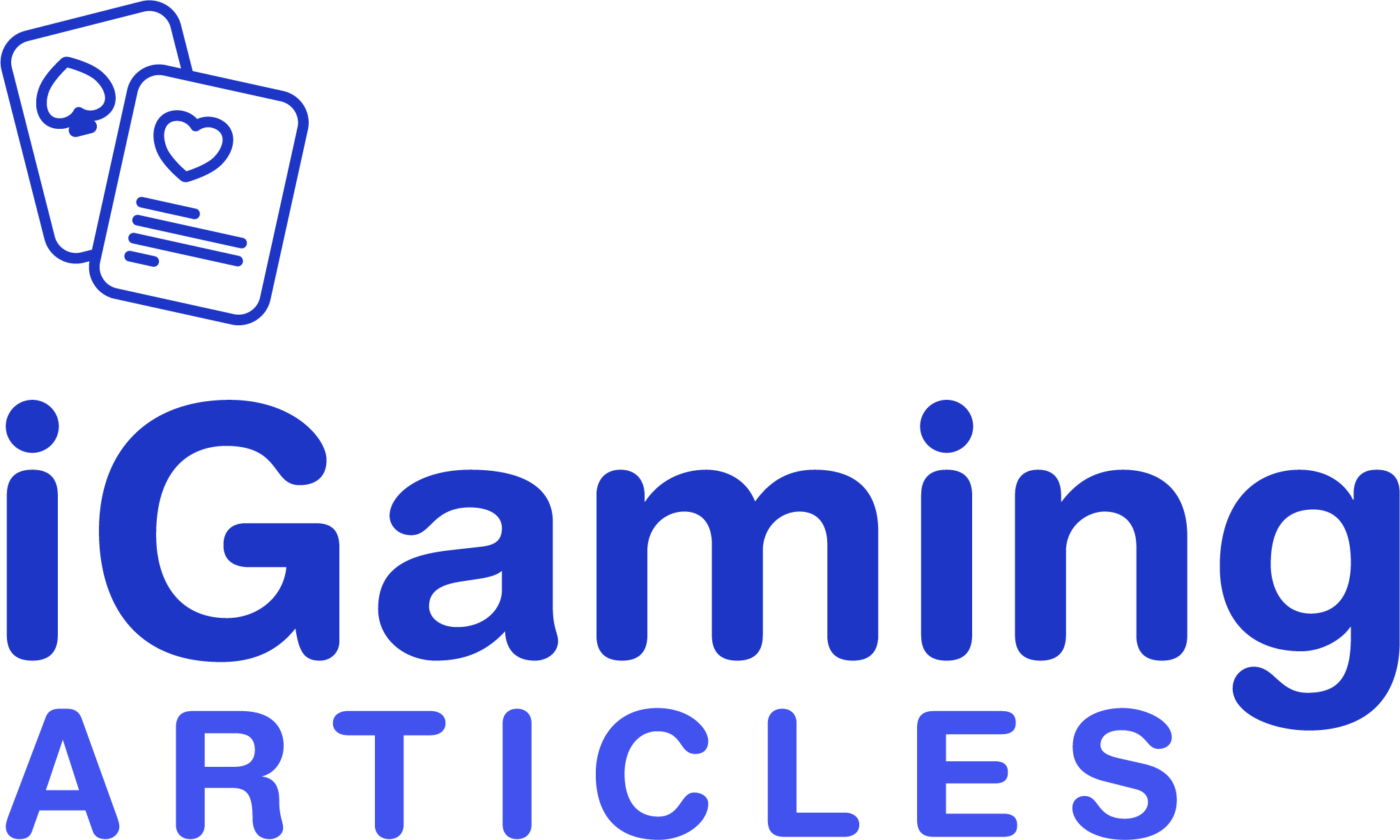Churning out high-quality gambling guides at lightning speed is the name of the game. But let’s face it, crafting informative and engaging content takes time, and time is a luxury not everyone can afford.
So, how do you balance the need for speed with the desire for quality? How do you create gambling guides that are not only informative but also engaging, all while keeping up with the breakneck pace of the iGaming industry?
That’s the challenge we’re tackling today. We’ll explore proven strategies and time-saving techniques that will help you streamline your writing process, boost your productivity, and churn out top-notch gambling guides in a fraction of the time.
Planning is the Blueprint for Success
Just like a seasoned gambler wouldn’t approach a poker table without a strategy, a savvy writer shouldn’t dive into a gambling guide without a plan. An outline serves as your blueprint, providing structure and direction to your writing process.
So, always outline your guide before you start writing to stay focused and organized.
Before you start typing away, take a few minutes to sketch out the main sections and key points you want to cover. This will help you stay focused, organized, and prevent those dreaded writer’s block moments.
Next, research your topic thoroughly to gather all the necessary information upfront.
Imagine trying to explain the rules of blackjack without actually knowing how to play. It wouldn’t go well, would it? Thorough research is the backbone of any informative gambling guide.
Gather all the necessary information upfront, from game rules and strategies to industry trends and regulations. This will not only save you time in the long run but also ensure that your guide is accurate, comprehensive, and authoritative.
And lastly, you should always break down your guide into smaller, manageable sections
A massive wall of text can be intimidating for both writers and readers. To make the writing process more manageable and your guide more digestible, break it down into smaller, bite-sized sections.
Each section should focus on a specific aspect of the topic, such as game rules, betting strategies, or tips for beginners. This will help you maintain focus, organize your thoughts, and create a guide that’s easy to read and navigate.
Streamline Your Workflow with Templates
The idea is to create reusable templates for different types of gambling guides.
Why reinvent the wheel every time you write a new guide? Create reusable templates for different types of gambling content, such as casino game guides, sports betting strategies, or responsible gambling tips.
These templates can include standard sections like an introduction, game rules, betting strategies, tips, and a conclusion. This will save you time on the initial setup and allow you to focus on the unique aspects of each guide.
The only time we don’t recommend this if you are very new and covering only a handful of platforms. So, if you’re working on optimizing your gambling guides for Google, you should take it easy and only focus on the practical stuff in the beginning. It would be counterintuitive to create a template at this point. But if you have a plan to scale it all up, schedule articles in advance, and write comprehensive guides covering all topics in your niche, then yes, a template is a must.
Having a consistent structure for your guides not only streamlines your writing process but also creates a familiar and user-friendly experience for your readers. They’ll know what to expect and where to find the information they’re looking for.
Gather Information Faster
Use reliable sources and reference materials to avoid wasting time on inaccurate information.
Accuracy is paramount. Misinformation can lead to costly mistakes for your readers, so it’s crucial to rely on credible sources and reference materials.
Stick to official game rules, reputable gambling websites, and industry publications. Avoid relying solely on forums or personal blogs, as the information there might be outdated or biased. Trustworthy sources help you save time on fact-checking and ensure the accuracy of your guides.
What a lot of people do is research a casino or write a guide based on fresh internet searches. There’s no telling what websites or other reviews and guides you will end up on. It helps to have a database of reputed and reliable sources. Search only within them for any information and throw your own experiences into the mix. That’s all you need. If you search on the internet for every new topic, you will get vastly different results every time, and time will fly quicker while your content will be less accurate as well. Use Google’s site selector to search within a site. Basically, you Google (or search on any other engine) with the “site:” prefix followed by the domain name, and you will only see indexed pages from that domain. For example: site:askgamblers.com YOUR SEARCH QUERY
Use online resources, forums, and communities for insights.
While official sources provide the foundation, don’t underestimate the value of online communities and forums. These platforms can be treasure troves of insights, tips, and strategies from experienced players and industry insiders.
Basically, you want to use all types of UGC platforms from Reddit posts and Quora answers to location-specific gambling forums, Trustpilot reviews, and even Discord groups in many cases. Just don’t rely overly on these. These are opinions, after all, and you can never put your finger on just how biased a particular sub-community is if you’re new to it.
Better yet, engage in discussions, ask questions, and observe the conversations happening around specific games or topics. This will help you gain a deeper understanding of the nuances of the game and uncover valuable information that you might not find in traditional sources. Use all this to your advantage.
Maximize Focus and Productivity with Writing Bursts
Set aside dedicated blocks of time for writing without distractions. This isn’t a gambling content specific tip, but a writing tip in general. And it works.
Writing requires focus and concentration. To maximize your productivity, set aside dedicated blocks of time for writing without any distractions. Turn off your phone, close unnecessary tabs on your computer, and find a quiet space where you can immerse yourself in the writing process.
The Pomodoro technique is a popular time management method that can help you stay focused and avoid burnout. It involves breaking down work into 25-minute intervals, followed by short 5-minute breaks. This allows you to maintain focus and productivity while also giving your brain a chance to rest and recharge. Like really, try it once and you will most likely never go back.
Another important thing to remember is to always avoid multitasking to maintain focus and avoid errors.
Multitasking might seem like a good way to get more done, but it can actually hinder your productivity and lead to errors. There’s been a ton of research on this subject. When you’re writing, give it your full attention. Avoid checking emails, social media, or other distractions that can pull you away from the task at hand. And don’t try to do briefmaking, image editing, writing, and publishing all together.
One at a time.
This way, in the long run, you’ll be producing higher-quality content in less time. Plus, you’ll be less likely to make mistakes that could require additional time and effort to correct later on.
Trim the Fat, Ruthlessly
Eliminate unnecessary words, phrases, and sentences. Edit ruthlessly. Be your biggest critic. In fact, be your content’s hater when it comes to reviewing what you’ve written.
Think of editing as sculpting. You start with a block of clay (your first draft) and chip away at it until you reveal the masterpiece within. Eliminate anything that doesn’t add value to your guide.
Clarity and conciseness are key. Get to the point quickly and avoid rambling or going off on tangents. Your readers will appreciate a guide that’s easy to read and understand.
And that brings us to our next topic — focus on clarity and conciseness to improve readability.
Nobody wants to wade through a dense jungle of jargon and convoluted sentences. Aim for clarity and conciseness in your writing. Use simple language, short sentences, and active voice to make your guides easy to digest.
The payment methods at XYZ Casino were a little cumbersome. We had to navigate through a somewhat convoluted process to choose the right method, then execute a few more clicks to ascertain the individual limits. The payment processors themselves were a little dated and felt clunky. Overall, the entire payment experience was slow and suboptimal.
Do you see the bush around this text? And do you see me beating it?
Instead:
XYZ Casino’s payment options were confusing and limited. It was hard to find the right method, and the outdated processors made payments slow.
If possible, a good habit is to read your work aloud to identify any awkward phrasing or confusing sentences. If you stumble over a sentence, chances are your readers will too.
Automate & Simplify
Use grammar and spell-check tools to catch errors quickly.
Typos and grammatical errors can make your guides look unprofessional and undermine your credibility. Thankfully, there are plenty of tools available to help you catch those pesky mistakes.
Use grammar and spell-check tools like Grammarly or ProWritingAid to proofread your work and ensure it’s error-free. These tools can save you time and embarrassment, allowing you to focus on creating great content.
Consider AI writing assistants for ideas, outlines, and grunt work.
AI writing assistants are becoming increasingly sophisticated and can be a valuable tool for speeding up your writing process. They can help you generate ideas, overcome writer’s block, and even suggest improvements to your writing style.
While AI shouldn’t replace your own creativity and expertise, it can be a helpful sidekick, especially when you’re short on time or struggling to find the right words.
A good example of AI use is something like this — you open a casino’s website and your review template includes the section on “Languages”. You click the casino’s language selector and see a ton of language options. But they are all in different languages (duh). So, you screenshot that and put it in an AI chatbot, asking it to list out all the languages it sees. It will help save a ton of time. You can do the same for cryptocurrency or payment method icons. And not only this, but AI tools can help you rearrange lists, compare things, and even fact-check (as ironic as that sounds).
Use project management tools to track progress and deadlines.
Writing multiple gambling guides can be a juggling act. Consider using project management tools like Trello or Asana. Especially if you have a team, this will be a lifesaver. Learn and teach everybody the ropes, then have them all collaborate on the platform.
If it’s a solo project, something as simple as Notion might also work. Project management, to-do, and notebook-like tools are aplenty. And the way one person uses such a tool for their productivity is often very different from another person’s opinion. We can only recommend you to check these tools out and give them a spin, in the good old slot-lover fashion.
Create to-do lists, set deadlines, and track your progress. See how it will vastly improve your productivity in no time.




